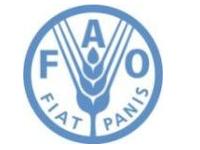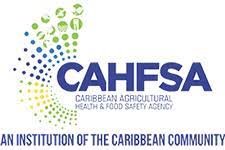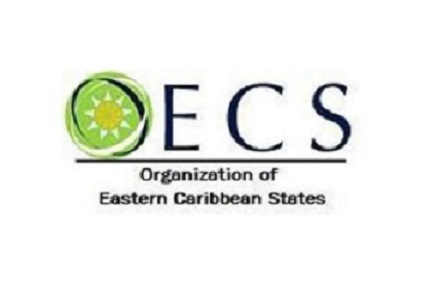Around the globe, food security is being threatened by climate change. Climate change has had devastating effects on our ecosystems, often changing environments of native species, that depend on certain types of climate to thrive in, to desolate, uninhabitable places. Forests and forestry have suffered as well as marine ecosystems. Marine species that depend on coral reefs have been dispersed due to ocean acidification and coral bleaching via a rise in sea temperatures.
Agricultural production has incurred significant losses because of climate change, as it has created environments for invasive plant pests and diseases to thrive, thereby impacting agriculture. 80% of the world’s poor depend on agriculture for their livelihoods. Global food security has gone through significant disruptions in the form of diminished food safety, transport interruptions, price increases, and crop unavailability. Caribbean countries because of their location and size are impacted by climate change – namely the sectors of agriculture, tourism, and fishing. According to the Intergovernmental Panel on Climate Change, there is an ongoing rise in sea levels, changes in temperatures and rain patterns, and an increase in natural disasters.
Currently, around the globe countries have started fighting back against climate change, using 2030 as a stepping stone for going green or becoming fully sustainable in order to lessen and prevent the impact of climate change on agriculture, trade, and tourism.
Read more about climate change from the links below!
Source:
USDA – Climate Change, Global Food Security, and the U.S. Food System
IADB (Inter- American Development Bank) – Building Resilience to Climate Change in Small Island Developing States
FAO – Climate change and food security: risks and responses













